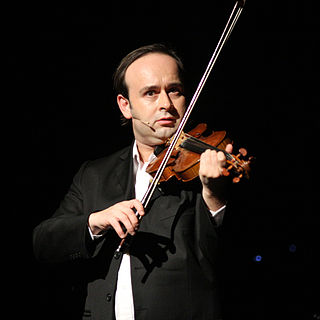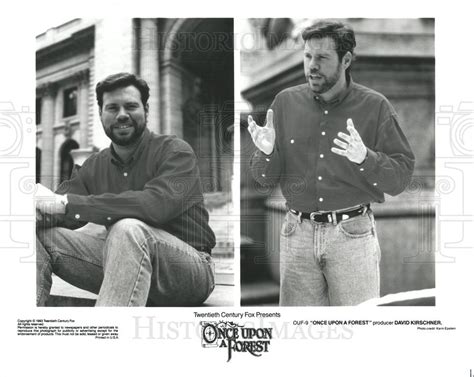A Quote by Steve Stoute
Over the course of my 20-year history as an executive in the music business and as the owner of a firm that specializes in in-culture advertising, I have come to the conclusion that the Grammy Awards have clearly lost touch with contemporary popular culture.
Related Quotes
I initially wanted to work in the music industry more on the A&R side. While I was in school, I began working in the New Business department of an advertising firm, and very quickly I was responsible for roughly 70% of their business, so you could say I had a natural knack for the advertising world.
I'm a staunch believer in the effect of pop culture - including advertising and the internet - on the young. Pop culture in its narrowest sense - mass-produced film, TV, and music - either truly reflects what's up in youth culture, or it reflects what youth-filled focus groups have told marketing companies that they want to consume.
Don's Mancini father was an advertising executive and I think Don really grew up and all of that stayed in his head. Some of the really great slogans we came up with, over the years, the big advertising buzz-words that we had, Don created those. It's just kind of fun just thinking about what we both love about pop culture and applying it to Chucky film and any others.



































